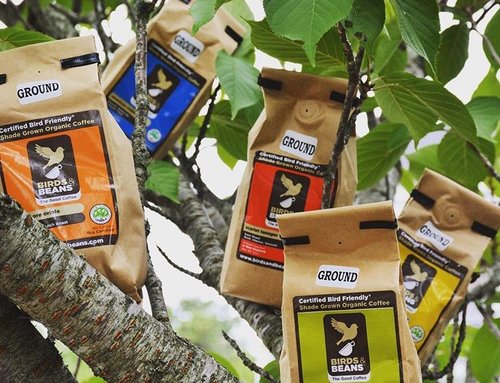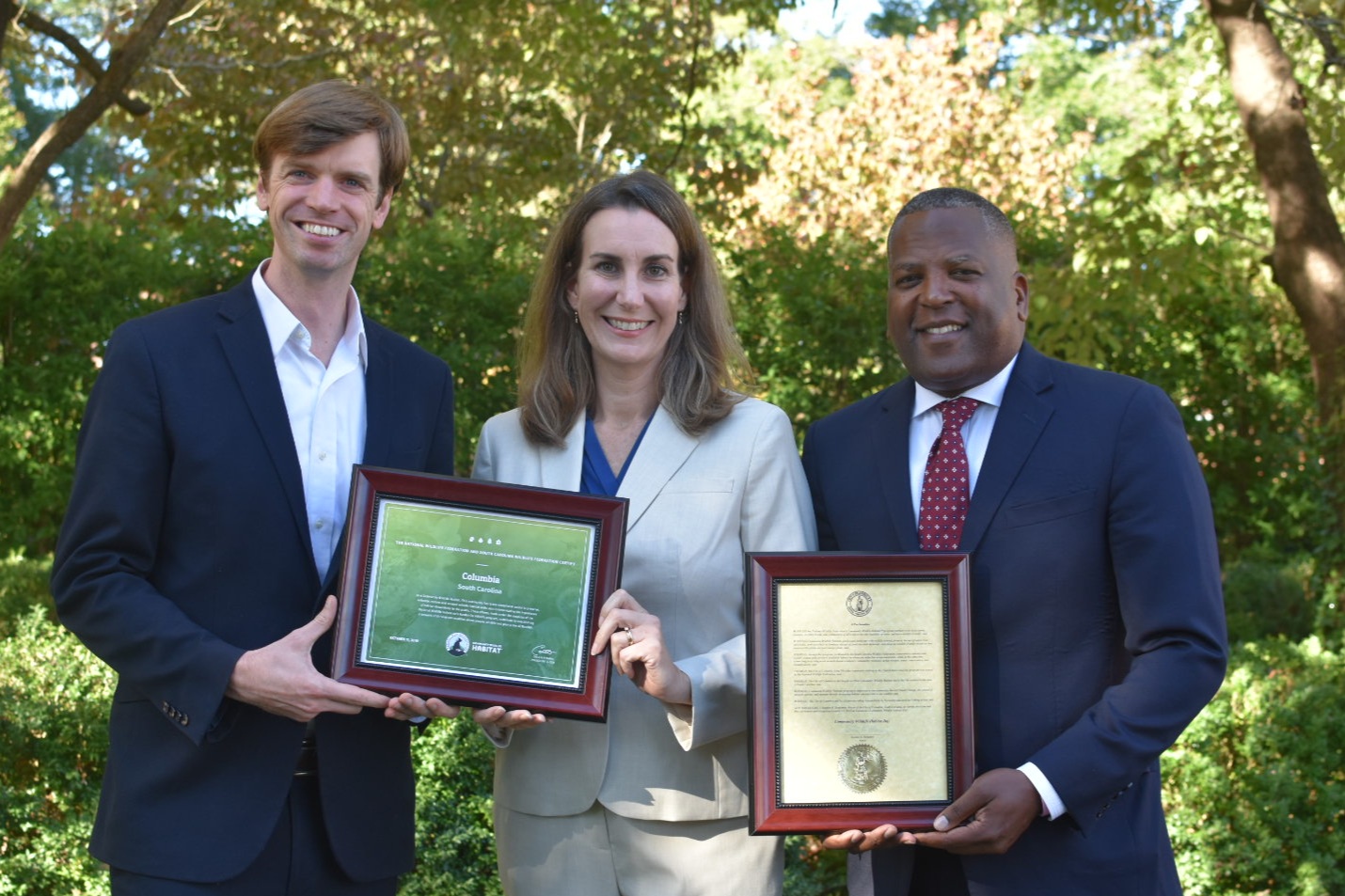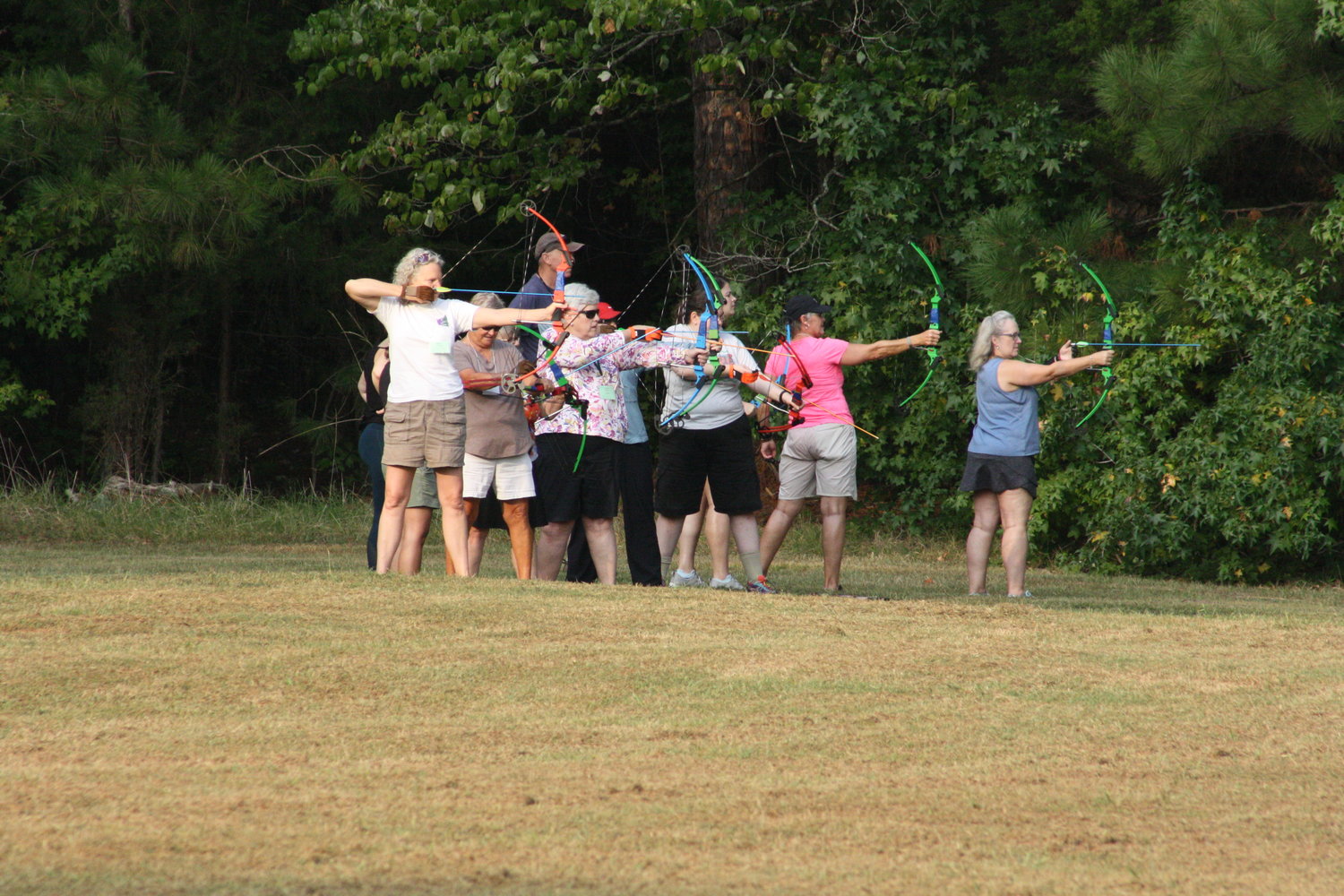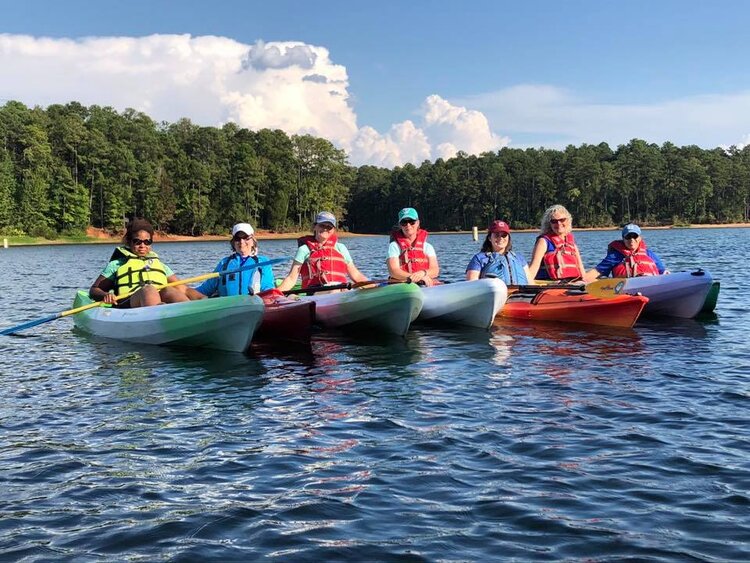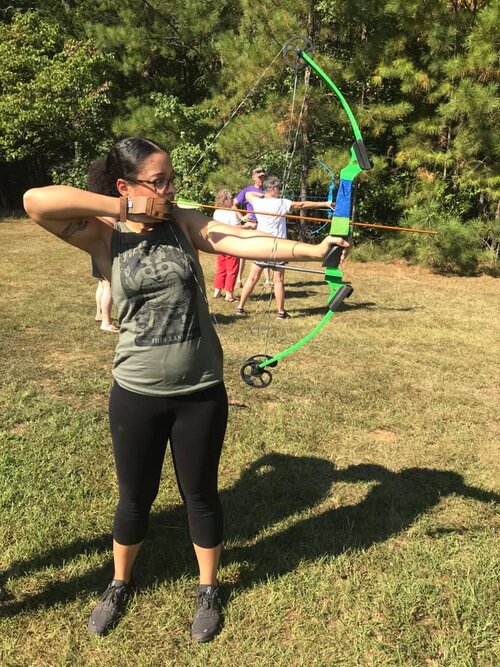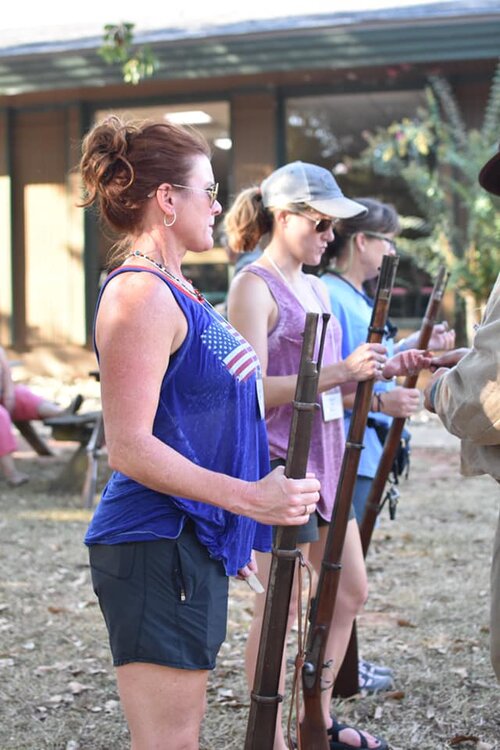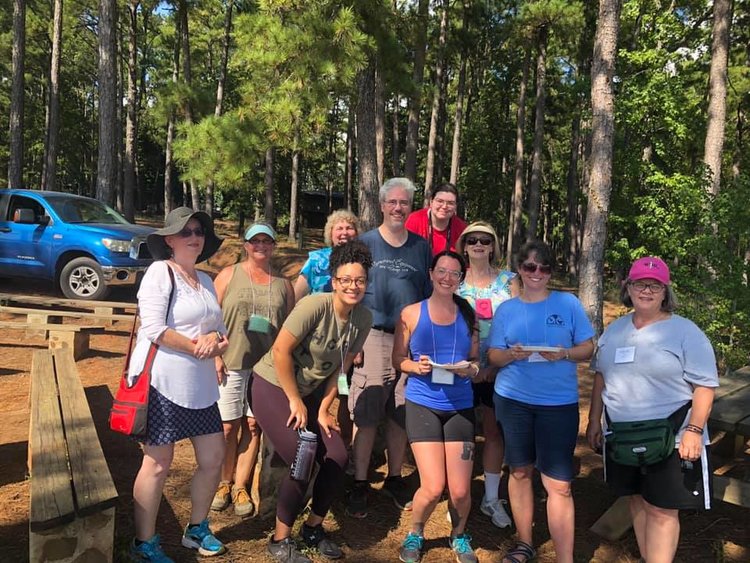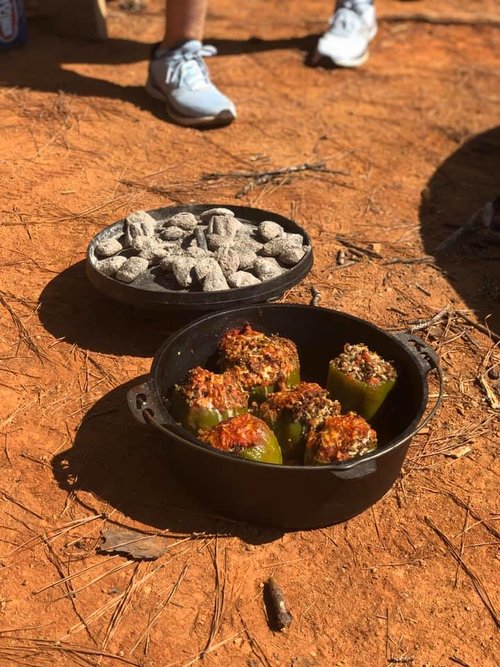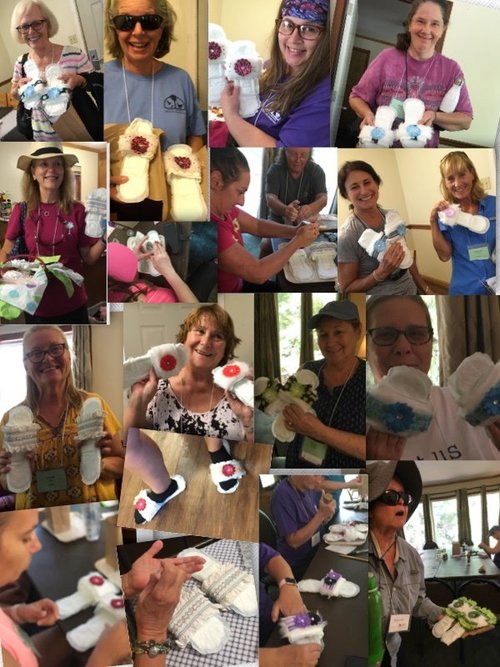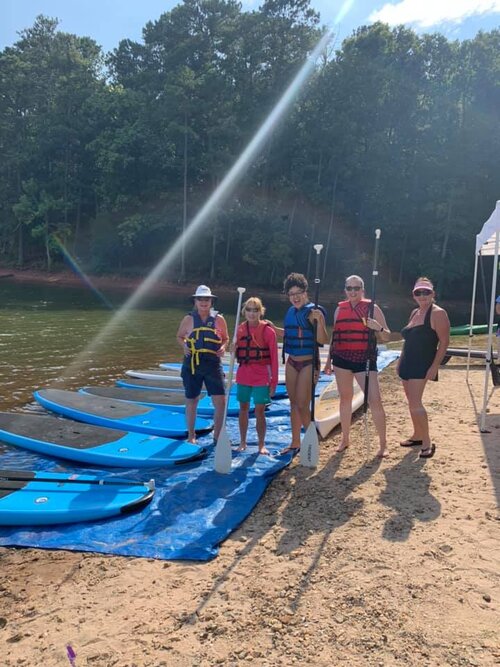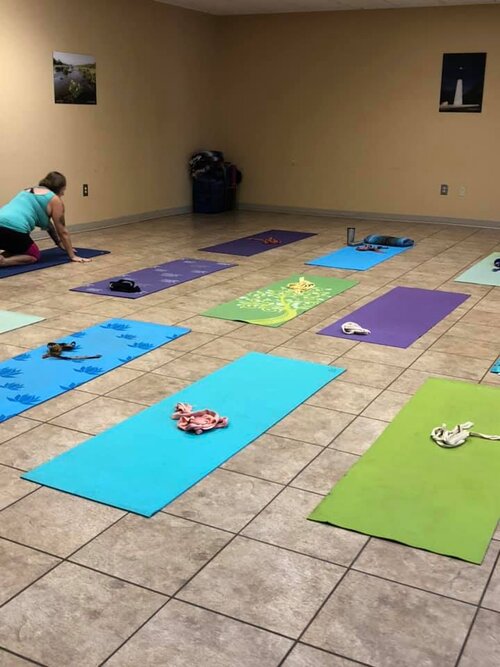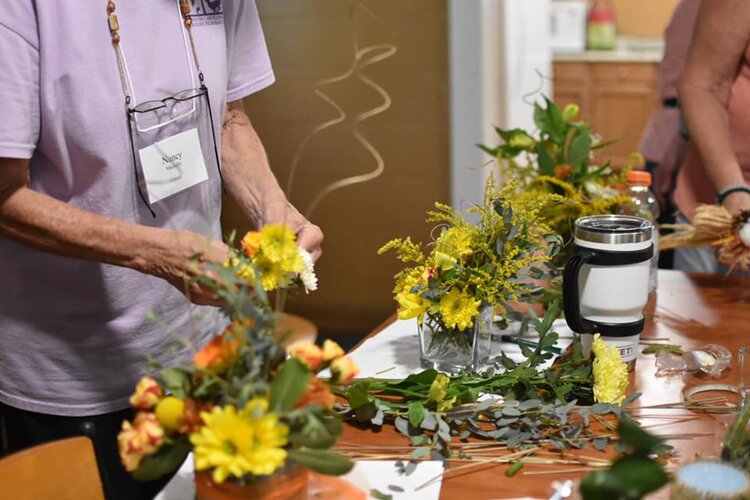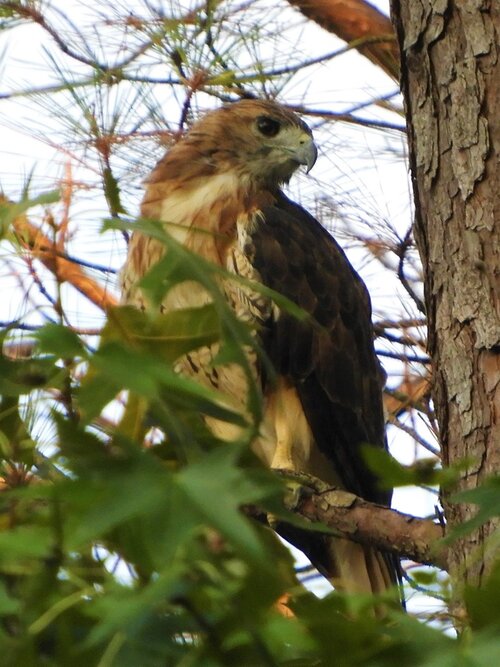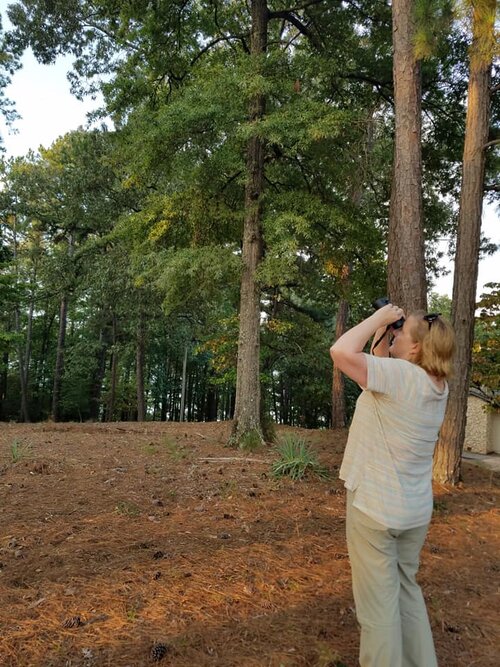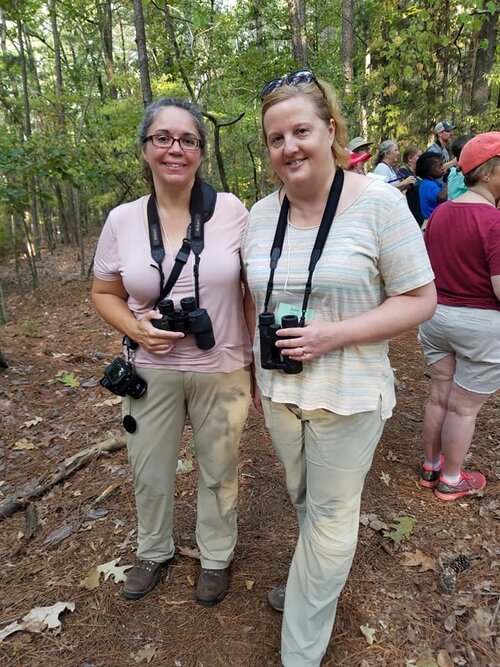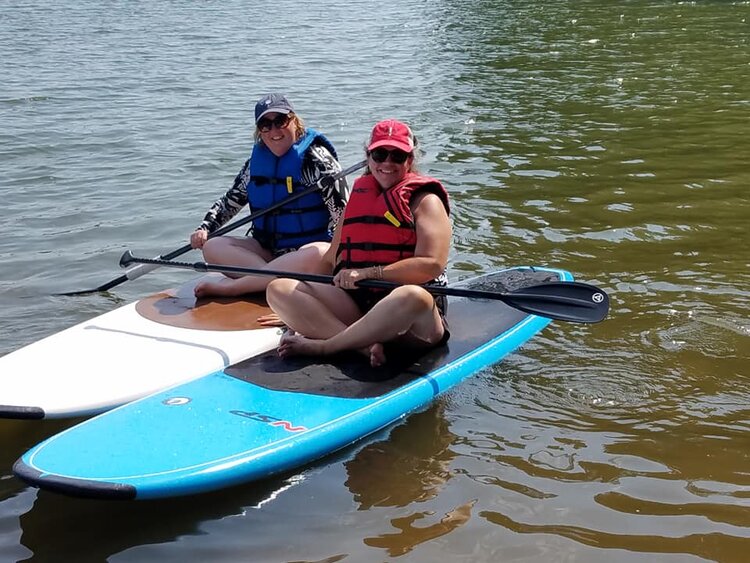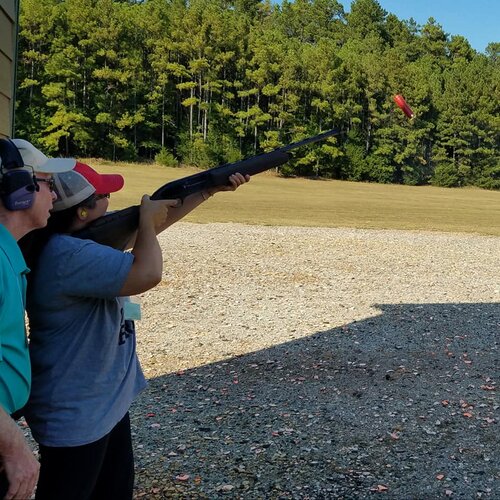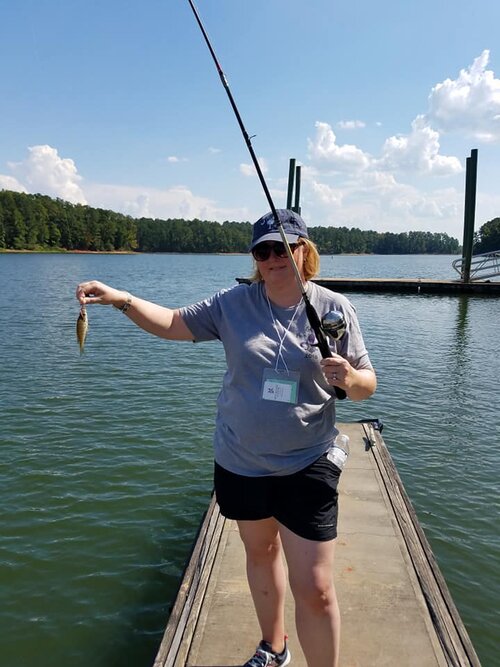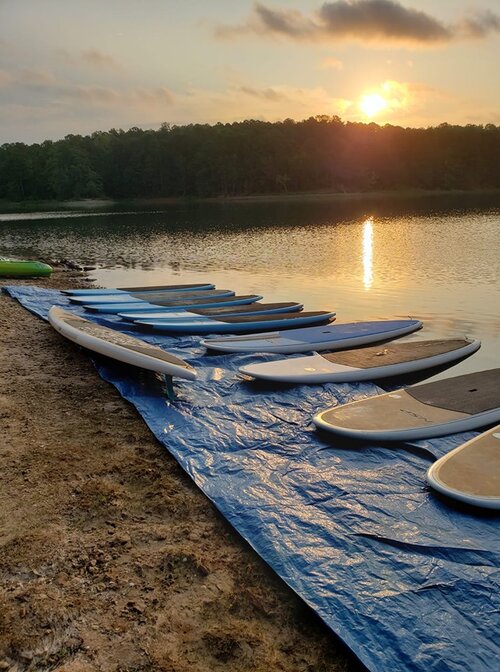Our Coffee Problem:
You may have heard the news that our world’s migratory songbirds are in jeopardy. Habitat loss is one of the greatest threats to these populations, and your morning cup of joe is partly to blame!
Traditionally, coffee farmers would grow their coffee beans in 100% or partial shade grown farms, yet now farmers in the Americas are cutting down entire forests to yield a higher production of coffee beans grown directly in the sun.
The Solution:
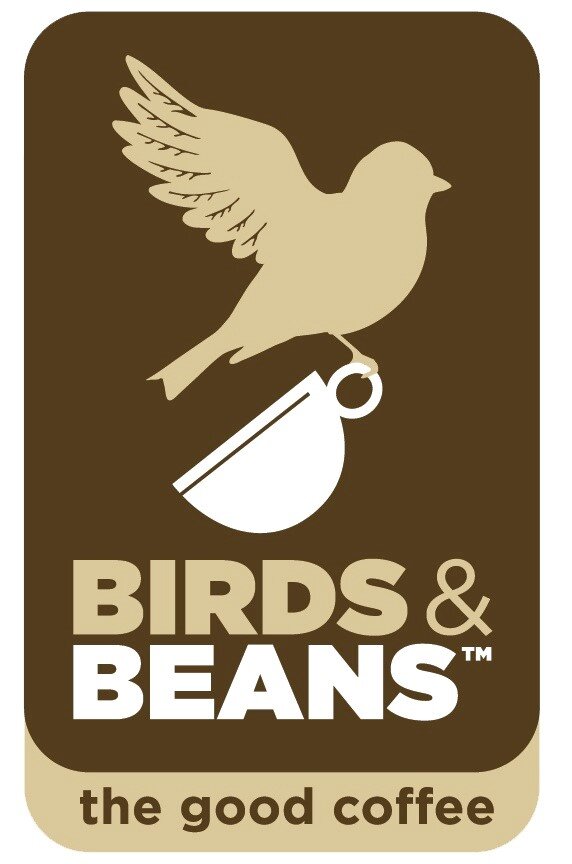
The South Carolina Wildlife Federation has partnered with an organization called Birds & Beans Coffee to help fight the loss of habitat on coffee farms in Latin America. 100% of the coffee beans within a Birds & Beans coffee bag are from shade grown coffee plants. That means 100% of the farms, from which they purchase their coffee beans, provide wintering habitat for almost 50 species of birds that breed in the U.S. during the summer. You can help save the birds we enjoy in the U.S. by simply switching your coffee to “Smithsonian Migratory Bird Center” certified Birds & Beans coffee.
What is the SCWF Coffee Club?
The coffee club provides an easy and cost effective way to purchase your Birds & Beans coffee. Every month, an SCWF volunteer will place a group order of the coffee you need to get through your morning (or afternoon, we don’t judge) routines. The standard Birds & Beans $9.50 shipping cost will be divided by all the individuals purchasing coffee during that month’s order! You simply report how much coffee you would like, the roast, and the grind, and our volunteer will place the order. You then pay your share of the coffee costs directly to our volunteer via Venmo, PayPal, check, or another means. The coffee will be shipped to SCWF’s office for pick up by you!
How to join?
All you have to do is go to this link and type your name and email address: https://scwf.us16.list-manage.com/subscribe?u=0f71efbf0895d10b1cee47044&id=a3902bf5e3
You will then be automatically added to the coffee club’s email list and will receive a notification before the next coffee order is made.
Note: We know the SCWF office isn’t convenient for everyone. If you would still like to support SCWF’s partnership with Birds & Beans Coffee, you can visit this link: https://www.scwf.org/birds-beans. SCWF will receive 5% of year-end sales of all coffee purchased and shipped to South Carolina. Plus, you’ll be helping the birds!
